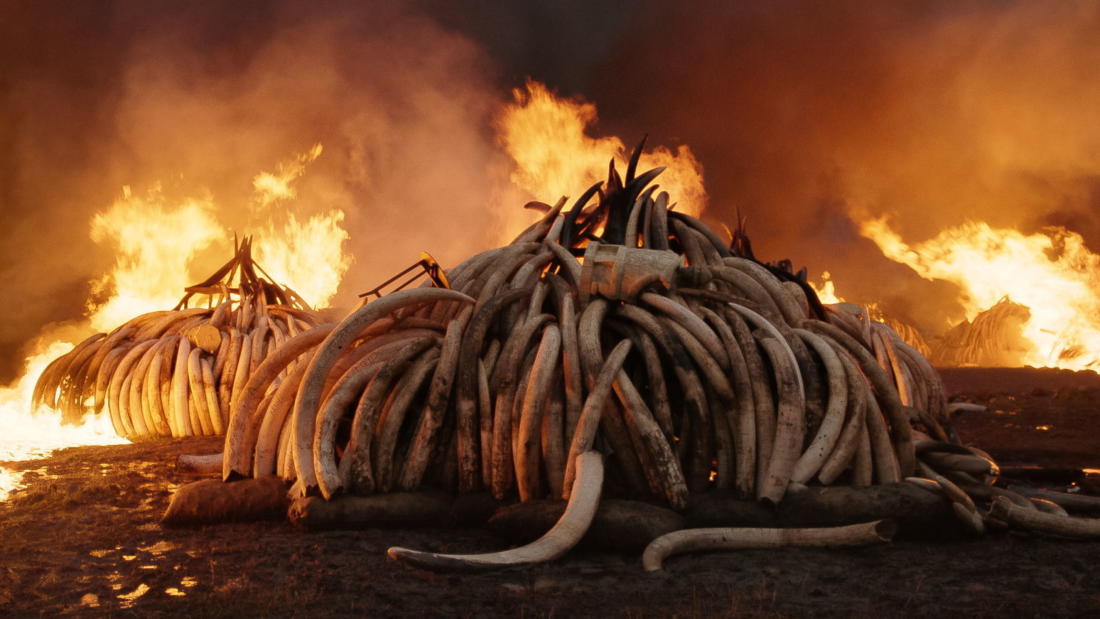
Marquee Arts (fka Michigan Theater) Ann Arbor, MI
Adam Simon
Arthur F. Thurnau Professor of Earth & Environmental Sciences, University of Michigan
Anthropocene: The Human Epoch— Earth in the human era
Program Description
Earth and environmental science expert Adam Simon leads a post-film Q&A.
Presented At
Marquee Arts (fka Michigan Theater) Ann Arbor, MI
Film Synopsis
Filmmakers travel to six continents and 20 countries to document the impact humans have made on the planet.
A stunning sensory experience and cinematic meditation on humanity’s massive reengineering of the planet, Anthropocene: The Human Epoch is a years-in-the-making feature documentary from the award-winning team behind Manufactured Landscapes (2006) and Watermark (2013) and narrated by Alicia Vikander. The film follows the research of an international body of scientists, the Anthropocene Working Group who, after nearly 10 years of research, argue that the Holocene Epoch gave way to the Anthropocene Epoch in the mid-twentieth century as a result of profound and lasting human changes to the Earth.
From concrete seawalls in China that now cover 60% of the mainland coast, to the biggest terrestrial machines ever built in Germany, to psychedelic potash mines in Russia’s Ural Mountains, to metal festivals in the closed city of Norilsk, to the devastated Great Barrier Reef in Australia and massive marble quarries in Carrara, the filmmakers have traversed the globe using state of the art camera techniques to document the evidence and experience of human planetary domination. At the intersection of art and science, Anthropocene: The Human Epoch witnesses a critical moment in geological history—bringing a provocative and unforgettable experience of our species's breadth and impact.
About the Speaker
Adam Simon's research group combines experiments with field and laboratory work to understand the chemical and physical processes affecting element mobility in geologic systems, with a particular emphasis on how nature concentrates metals in small volumes of Earth's crust to form mineral deposits. Our research ultimately aims to improve genetic models for mineral deposit formation to ensure a sustainable supply of resources for our growing global population.
Sponsored by the University of Michigan School for Environment and Sustainability and Michigan Sustainability Cases